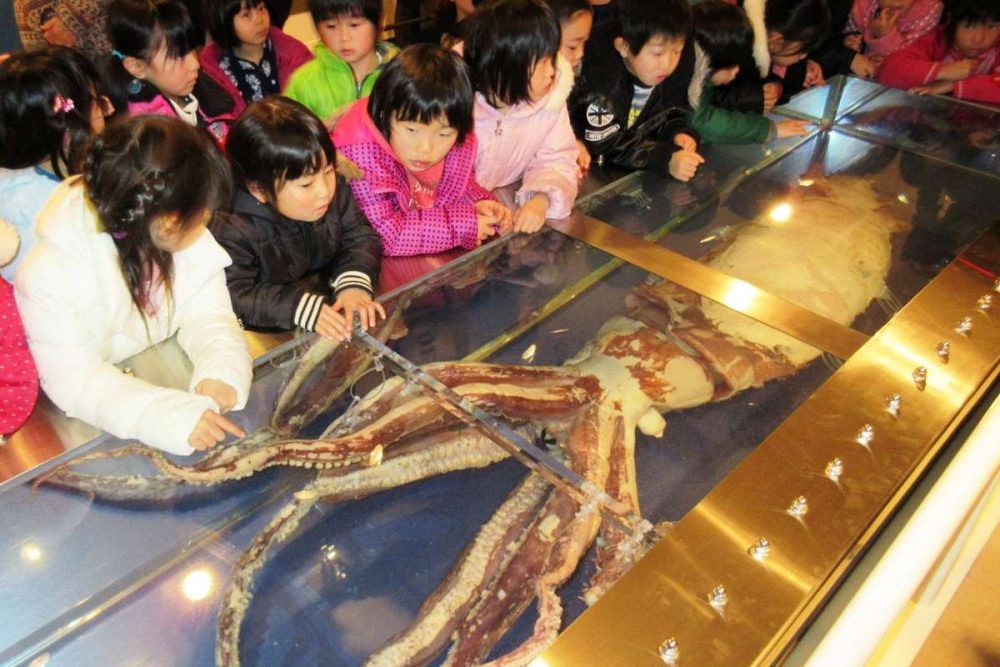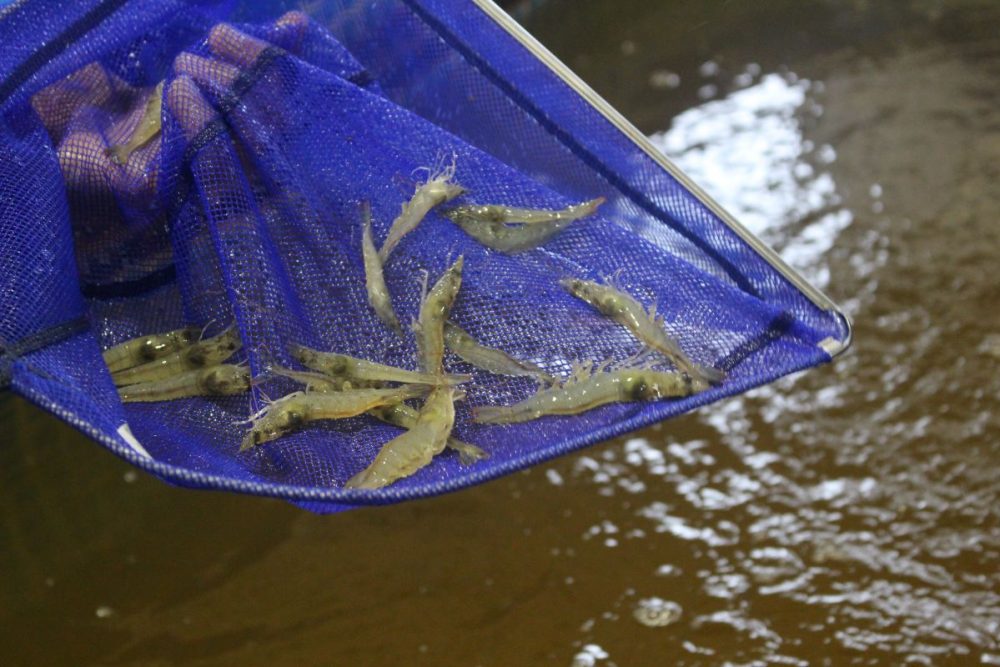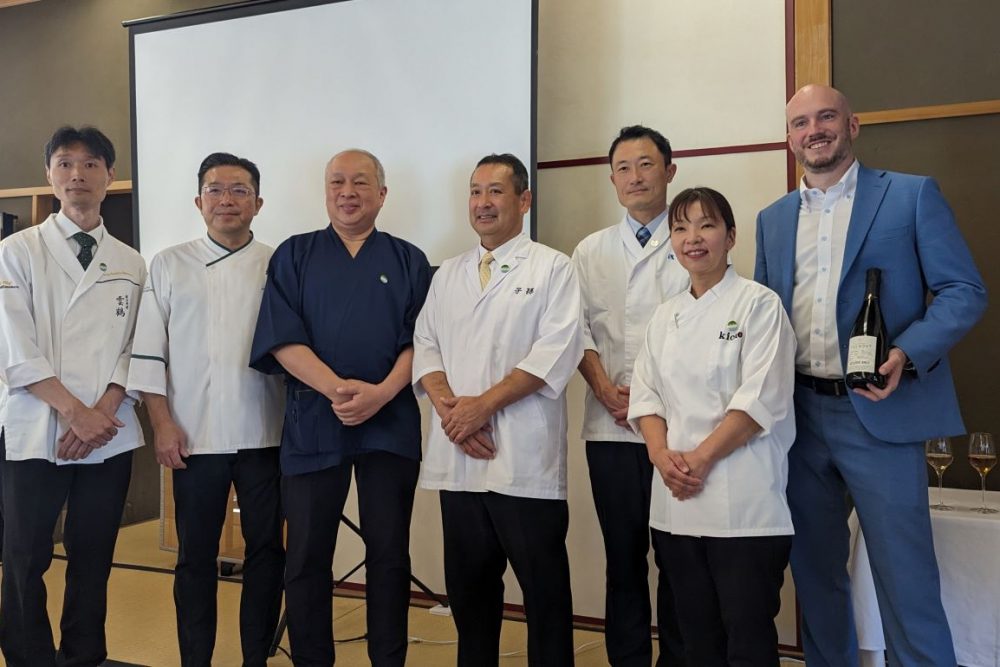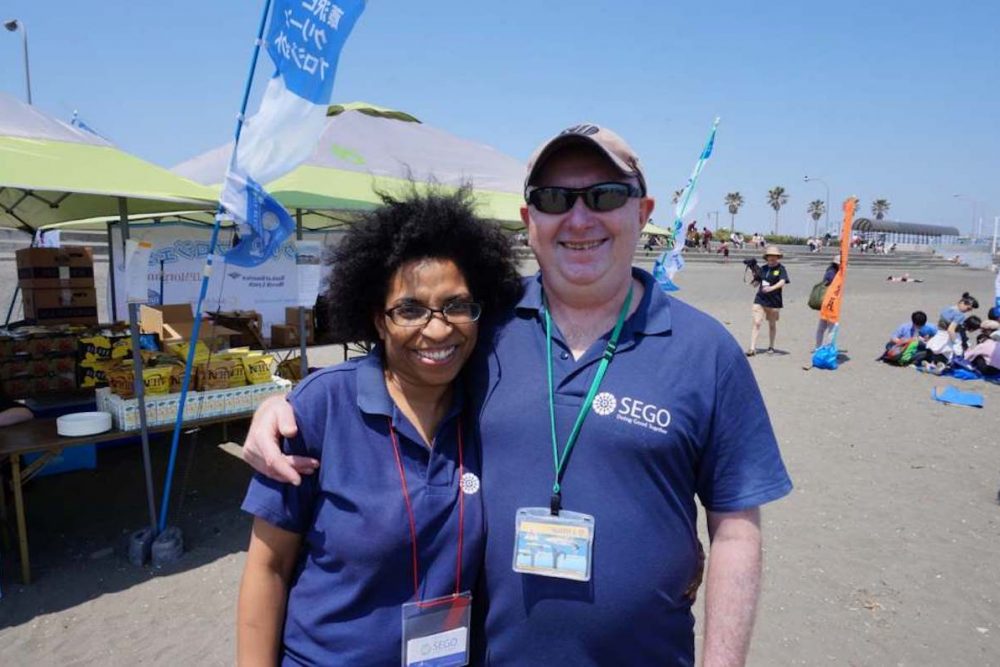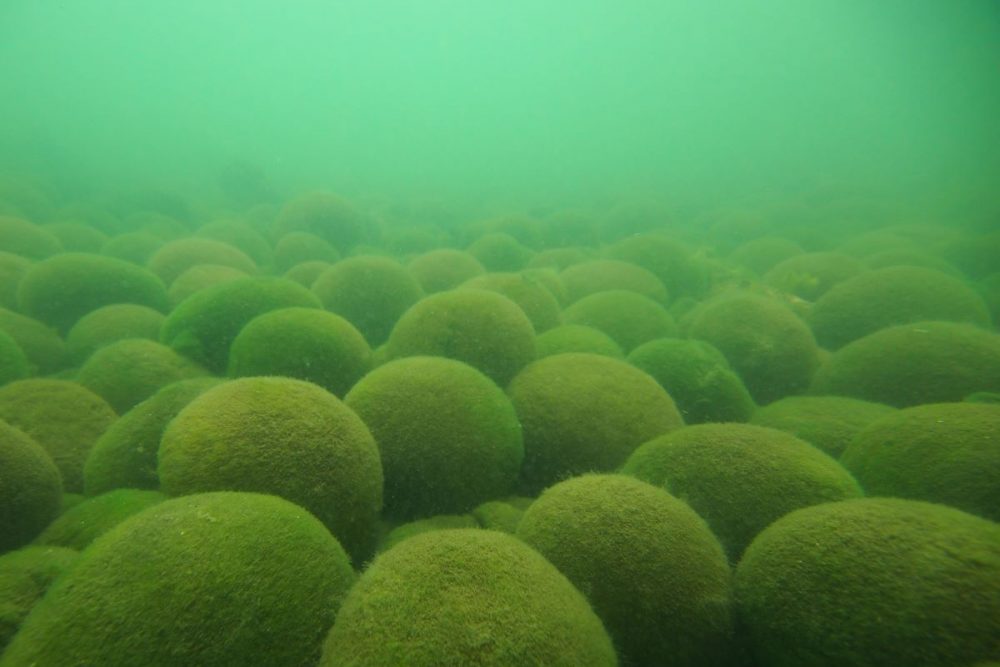Ryukoku University Harnesses eDNA to Map Fish Ecosystems with a Single Cup of Water
Ryukoku University is set to apply its environmental DNA analysis technology to help conserve and sustainably use the aquatic resources in Japan's rivers.
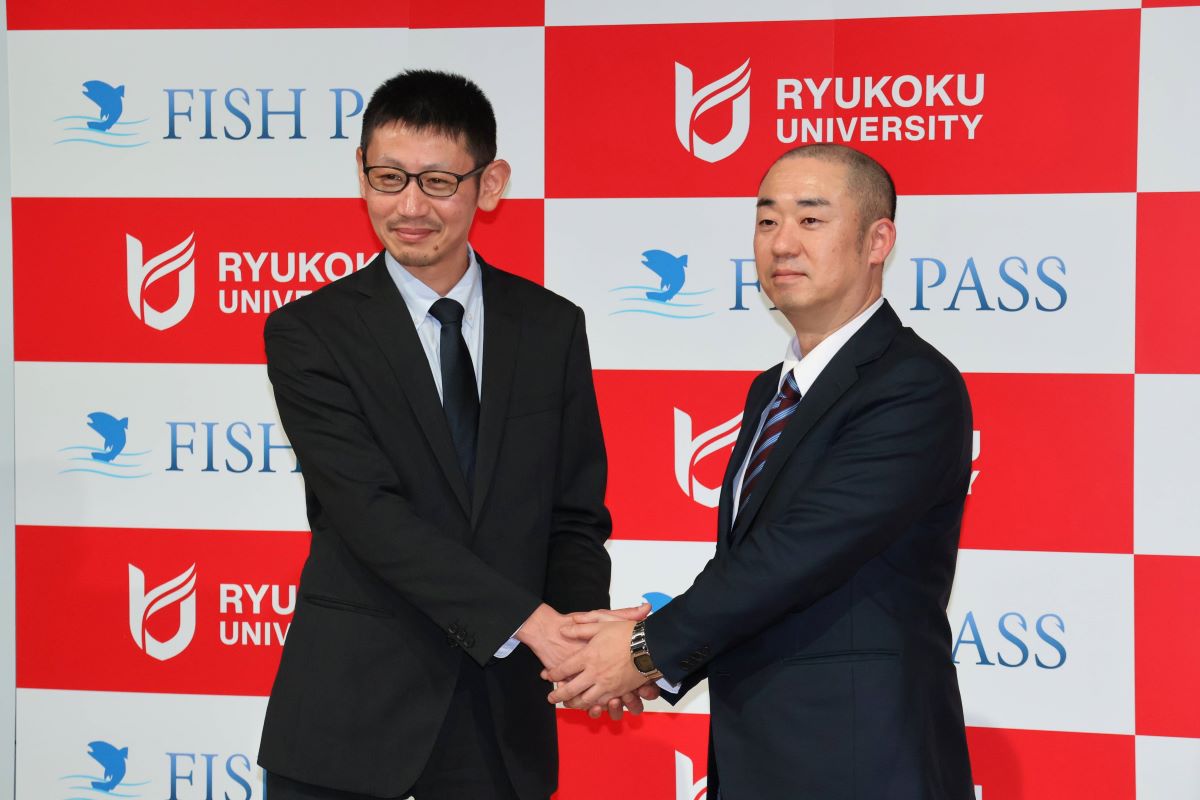
このページを 日本語 で読む
River environments nationwide are facing deterioration. Ryukoku University has teamed up with FISHPASS, a startup launched by the University of Fukui, to develop an app that maps fish species. Using environmental DNA (eDNA) analysis, the app can identify species inhabiting rivers. The goal is to promote the fisheries industry while preserving biodiversity based on identification and awareness of aquatic resources.
Environmental DNA (eDNA) Analysis
FISHPASS has developed and operates an app that digitally issues the fishing permits and licenses necessary for fishing activities. Rivers across Japan are facing degradation as the population of fishing cooperative members is aging. Now, the company has turned to Ryukoku University for its expertise in eDNA analysis.
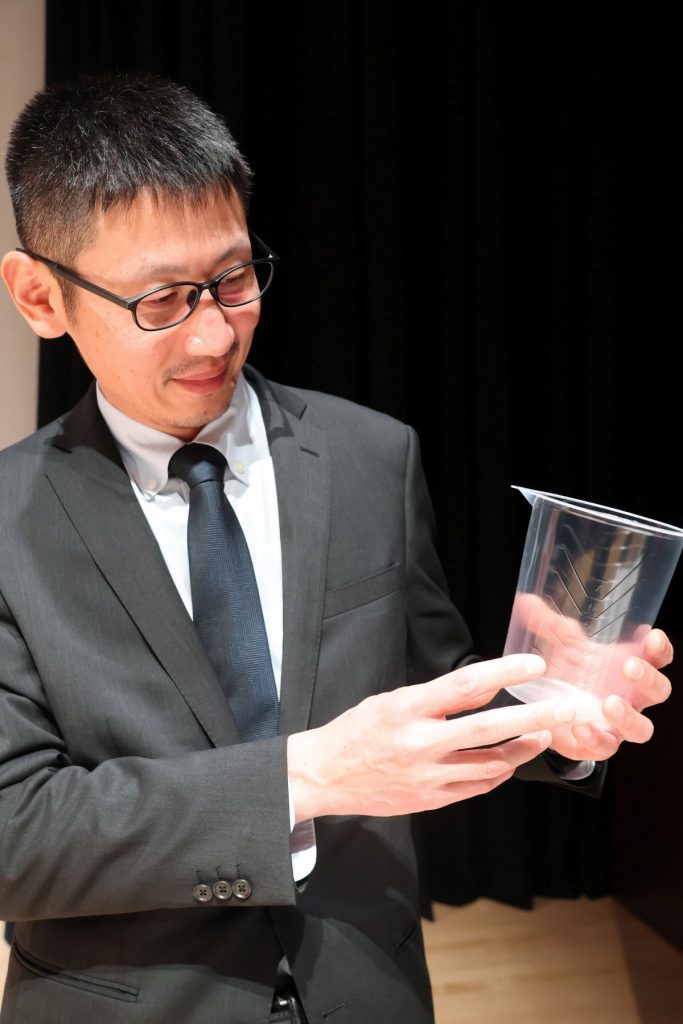
Environmental DNA refers to trace amounts of DNA found in excrement and shed scales floating in the air or water. By analyzing eDNA from river water samples collected in cups, researchers can comprehensively identify the species present in that location.
Associate Professor Hiroki Yamanaka of Ryukoku University's Faculty of Advanced Science and Technology conducts pioneering research in environmental DNA analysis ahead of the global curve.
Data is Key
Knowing what fish species inhabit various points along rivers is essential for conserving and utilizing aquatic resources. This includes tracking released fry and combating invasive species. Traditionally, surveyors with specialized technical skills would dive to observe or capture fish samples using nets.
Now environmental DNA analysis allows for easy sample collection and reduced costs and environmental impacts. It also makes possible long-term and wide-ranging surveys on aquatic resources.
Fishery cooperative members interested in analysis will be able to apply through the app. They will receive a special kit to collect water themselves. Once samples are analyzed by FISHPASS or Ryukoku University, results will be displayed on the app's map.
This data is expected not only to aid in conserving and utilizing aquatic resources, but also to help those engaging in recreational fishing choose good spots.
Work is underway to launch the service in May 2025. Associate Professor Yamanaka comments, "I envision a society where business and policy decisions to improve the environment are made based on data."
FISHPAS's CEO Narihiro Nishimura, is confident in the app's ability to transform the fishing industry. "We want to change the future of Japan's rivers," he remarks.
このページを 日本語 で読む






